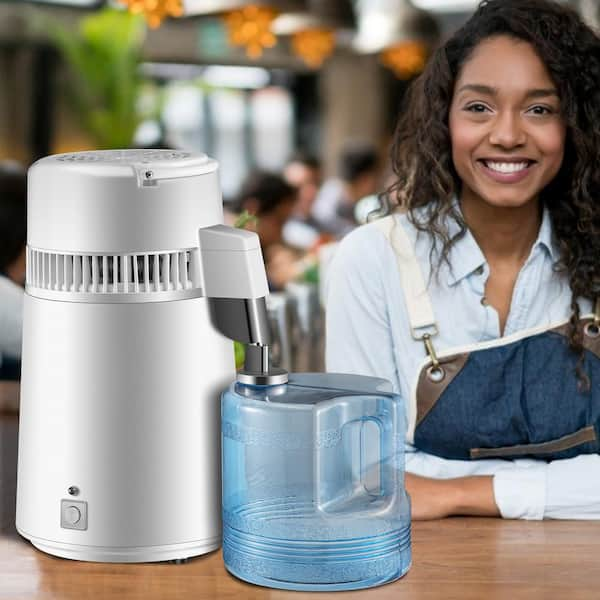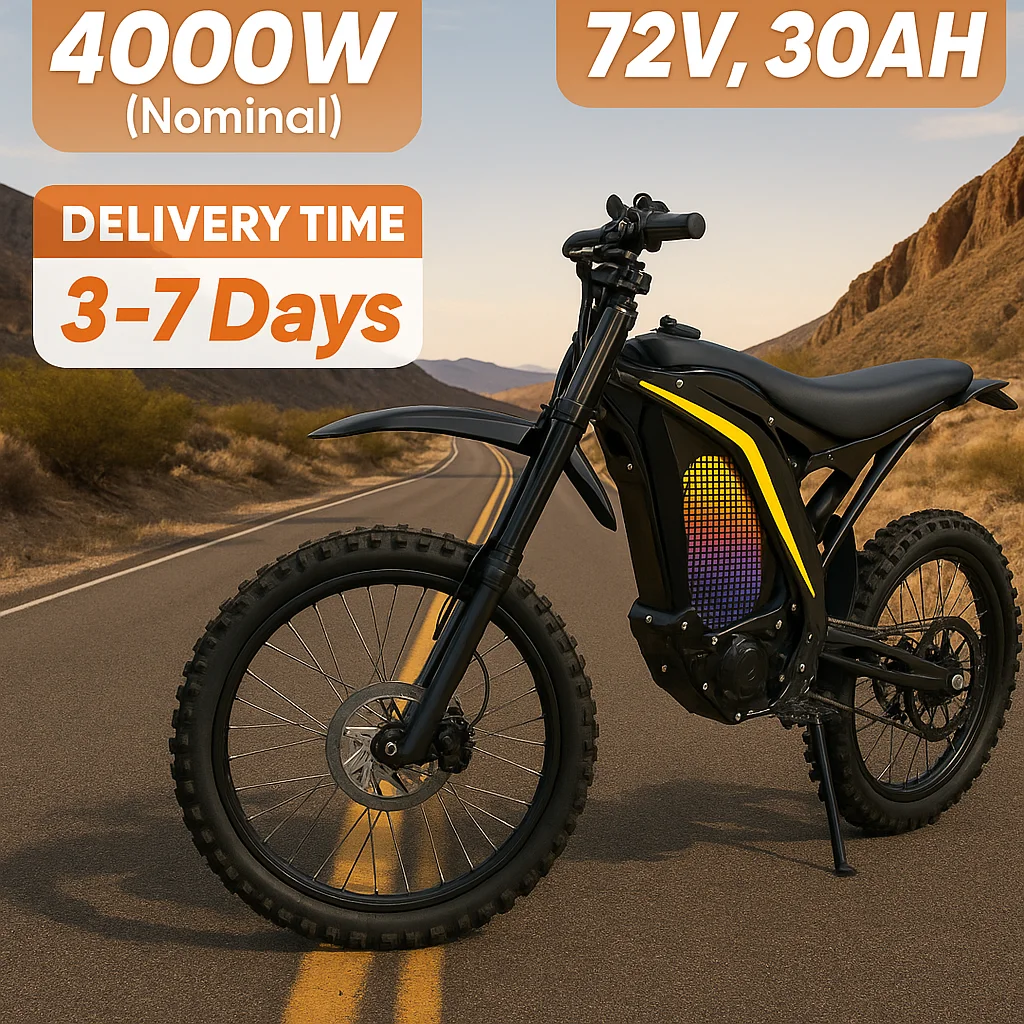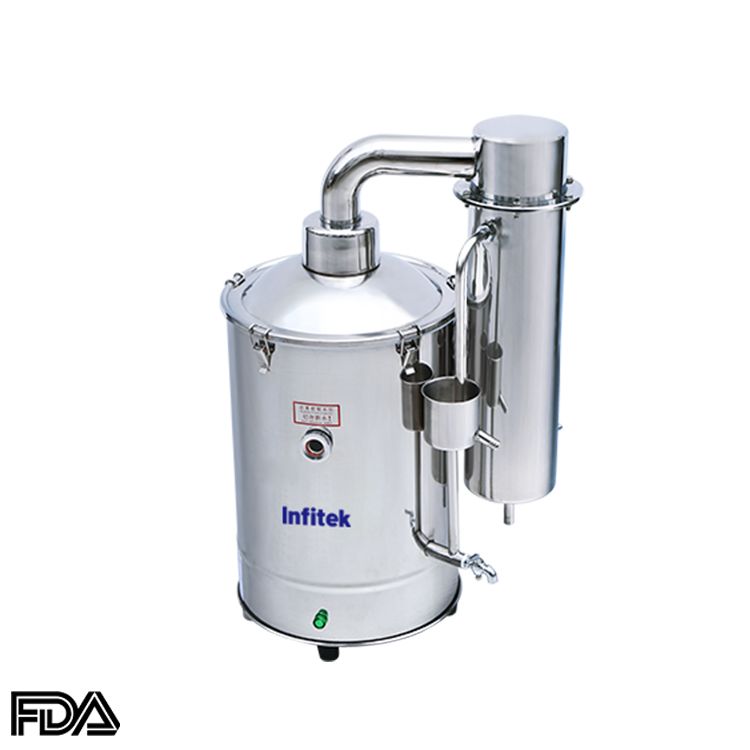Potential Contaminants In Tap Water And Why Safe Drinking Water Matters
Studies tracking childhood exposure paint an alarming picture: kids can accumulate higher toxin levels because of their smaller size and developing organs. In one survey, nitrate levels in a suburban well topped safety limits, leading to stomach cramps for my own daughter—her distress was my wake-up call. A simple home distillation test confirmed elevated nitrates and trace metals in our tap water, proving that even in supposedly safe zones, contaminants lurk. Distillation, which boils water into steam and captures it as pure droplets, removes most dissolved solids, heavy metals, and bacteria [5]. Yet, a handful of volatile organic compounds can still hitch a ride in that steam, so adding a post-carbon filter boosts confidence in every sip [2] and [4].

Of course, distillation isn’t the only way to trap microscopic villains. Many homeowners opt for reverse osmosis water filtration systems, which force water through semipermeable membranes with pore sizes as tiny as 0.0001 microns—enough to stop most pathogens, minerals, and microplastics in their tracks. The bottom line? Understanding your tap’s vulnerabilities is the first step. Investing in quality treatment—whether countertop or whole-house—means turning that faucet into a source of genuine peace of mind, knowing each glass is as close to pure as you can get in a modern home.
The Water Distillation Process
Distillation is elegantly simple, yet remarkably effective. Picture a sealed boiling chamber filled with tap water. As it heats, contaminants—dissolved salts, heavy metals, pesticides—remain behind, unable to rise with the steam. That steam travels through a cooled coil, where it gives up its heat and condenses into liquid form, dripping into a pristine collection tank.
Inside you’ll find a sturdy stainless steel tank, a heating element, a steam outlet, and then the cooler condenser section. Some advanced units bypass potential leaks by circulating the cooling water in a closed loop. Many manufacturers tuck a granular activated carbon filter at the end, snagging any rogue volatile organic compounds that vaporized along with the steam [1].

Because distillation mirrors the natural water cycle—evaporation and condensation—it removes nearly all dissolved solids, bacteria, and heavy metals, delivering water so pure it’s often compared to rainwater. If you’re curious about choosing between a small countertop version or a whole-home installation, our guide on distilled water systems walks through options, flow rates, and power needs. In essence, distillation gives you a miniaturized hydrologic cycle right on your countertop or basement floor.
Types Of Water Distillers
Whether you’re topping off an aquarium or fueling a scientific lab, there’s a distiller designed for that scale. Broadly, models break down into countertop, manual, automatic, plumbing-integrated, whole-house, and commercial units. Each type balances convenience, output, and cost differently.
| Model Type | Capacity (gal/day) | Key Feature | Ideal For |
|---|---|---|---|
| Countertop Manual | 1–4 | Simple batch fills | Small kitchens, apartments |
| Countertop Automatic | 2–6 | Tap feed & auto-refill | Daily drinkers, families |
| Plumbing-Integrated | 5–15 | Direct home connection | Full-house use |
| Whole-House | 15–50+ | Continuous operation | Large homes, multi-use |
| Commercial | 100–1000+ | Custom high-output | Labs, hospitals, businesses |

Portable countertop units reign supreme in simplicity—fill the chamber, flip the switch, wait an hour or two, and collect one to four gallons of distilled water. Manual versions keep the price tag low; automatic models hook to your faucet and refill themselves. For a worry-free experience, plumbing-integrated and whole-house distillers tie directly into your home’s supply, sending treated water to every faucet—a true whole-house water purification approach that keeps scale away from appliances and skin alike. At the top end, commercial systems push hundreds—even thousands—of gallons daily for critical research and manufacturing.
Health Benefits Of Distilled Water
There’s something calming about sipping water that started as nothing but steam. Distillation strips out up to 99% of dissolved solids—minerals, salts, heavy metals like lead and arsenic—and common organic chemicals, delivering a glass of nearly pure H₂O [2]. That purity can ease digestive discomfort, reduce allergic reactions, and lighten the load on your organs tasked with detoxification.
Personally, I noticed my skin clearing up and digestion becoming smoother within days of switching to distilled water. Without residual chlorine byproducts or pesticides competing for your body’s attention, you give your immune system a mini-vacation every time you drink. Distilled water also shines in ancillary roles: it won’t coat humidifier coils with mineral scum, preserves aquarium ecosystems, and protects steam irons from scale buildup [4].
For families weighing options, distilled water competes impressively with bottled spring water, offering consistent purity without environmental guilt. And unlike certain filters that let VOCs slip through, steam distillation is about as bulletproof as it gets when you add that post-carbon polishing step [5].
Environmental Impact Of Water Distillation
All that purity comes at an energy price. Generating steam demands roughly 3–4 kWh per gallon—far more than most carbon filters or reverse osmosis units—so if your grid relies on fossil fuels, you’re effectively burning coal or gas for each bottle of pure water [5]. Running a small countertop distiller daily might emit around one ton of CO₂ annually.
Yet there’s room for greener choices. Solar-thermal distillers harness sunlight to evaporate water; heat-recovery systems scoop up leftover warmth from condensers; pairing distillers with renewable electricity can slice that carbon footprint in half. In larger whole-house installations, blending steam distillation with complementary filtration spreads treatment across methods, optimizing for both energy efficiency and exceptional purity.
Common Myths About Water Distillers
Myth: Distilled water leaves you mineral-deficient. True, it removes most dissolved solids—but your body gets minerals from food, not your water glass [2]. Think of distilled water as a blank canvas, not an evacuation order for nutrients.
Myth: Running a distiller breaks the bank. Countertop models often sit under $200 and use about as much electricity as boiling two pots daily—costs that still beat many bottled-water subscriptions over time [1].
Myth: Distilled water tastes flat. On the contrary, vapor-condensed water can taste remarkably crisp. If you miss a hint of minerality, a simple post-carbon or remineralization cartridge lifts subtle flavor notes without compromising purity [5].
Myth: It wastes tons of water. Countertop units recirculate steam and rarely produce significant wastewater [4]. Still, if you do generate brine, you can often redirect it to garden beds, where diluted minerals act as a mild fertilizer.
Installation Tips For Water Distillers
Setting up your distiller on a stable, heat-resistant surface near a grounded outlet and cold-water line is key. Leave at least an inch of breathing room around vents to keep air flowing and avoid hotspots [1]. For larger units, sketch out where inlet and outlet tubing run best—nobody wants hoses draped over walkways.
Assembly is straightforward: fasten the boiling tank, connect the condenser coil, and secure the output container. Tighten all hose clamps snugly; loose fittings invite leaks and efficiency drops. I still remember the hush that fell over my kitchen when the first batch ran silently after I rechecked those connections [2].
Always use a GFCI-protected circuit and keep steam vents unobstructed. If your model offers a post-carbon filter, install it immediately after the condenser to trap residual VOCs and polish taste. Many DIYers swear by that extra step, pointing to a noticeable difference in flavor and smell [3] and [4].
Maintenance And Cleaning Tips For Water Distillers
Consistent cleaning keeps your distiller humming along and prevents microbial or mineral creep. After each cycle, drain the boiling tank and wipe it dry with a soft cloth—standing water becomes a petri dish in no time. A monthly vinegar soak (equal parts vinegar and water) dissolves scale in 30–60 minutes, and a gentle scrub restores heating-element efficiency [5].
Don’t neglect post-filters and condenser coils. Replace carbon cartridges every 6–12 months to capture lingering odors, and dust vents quarterly to preserve airflow. Inspect tubing and seals at the same time—spotting wear before it becomes a leak can save you headaches down the line.
Real-Life Experiences With Water Distillers
“As a new mom, I was terrified of plastic chemicals leaching into my baby’s formula,” says Sarah from Denver. She installed a simple countertop distiller and noticed fewer tummy troubles and softer skin on her little one within weeks. Her relief echoes many users who appreciate 99.9% removal of minerals, metals, and microbes in every drop [1] and [2].
Tom in Austin credits distilled water for his tropical fish’s vibrant health. He tried reverse osmosis but saw scale buildup lead to algae blooms. With steam distillation, his aquarium glass stays clear, and his filter runs cleaner than ever [3].
In a biotech lab, Dr. Patel swears by a plumbed-in whole-house distiller. “Not a single bad batch in two years,” she notes, explaining that steam-only purification prevents volatile compounds from interfering with sensitive assays. A post-carbon guard at the end simply perfects the water for cell culture and analysis [4] and [5].
Key Benefits And Considerations Of Water Distillation
At its core, water distillation is a faithful mimicry of nature’s hydrologic cycle, boiling away impurities and recondensing steam into ultra-pure water [2]. Add a post-carbon step to eliminate volatile organic compounds, and you’ve got H₂O as close to rainwater as possible [4].
The near-zero total dissolved solids suit everything from drinking and cooking to aquariums, humidifiers, and steam irons—anywhere scale or microbes threaten performance [5]. Yet distillation is slower and more energy-intensive than reverse osmosis or carbon filtration. Countertop units cost a few hundred dollars; whole-house installations can climb into the thousands, with operating expenses tied to your electricity rates [1]. Automatic refilling adds convenience but ups complexity and service needs [3].
Balancing purity, cost, and environmental impact will guide you to the right model. For those who value simplicity and unmatched clarity, distillation stands tall. If speed or lower energy bills matter most, you might explore hybrid systems that blend steam distillation with membrane and carbon filters. Whatever your path, understanding these nuances ensures every glass you pour is a truly refreshing experience—safe, clean, and worry-free.
“`html
Complete Top Picks Comparison – 20 Products
| Product | Source | Price | Rating | Image | Buy |
|---|---|---|---|---|---|
| VIVOHOME Water Distiller Countertop 1.6 Gallon/4L 900W by VIVOHOME | $99.99 | ☆☆☆☆☆ |  | Buy Now | |
| VEVOR 1.1 Gal Water Distiller, 0.3 Gal/H by VEVOR | $80.99 | ★★★★☆ |  | Buy Now | |
| VIVOHOME Water Distiller Countertop 1.6 Gallon/6L 900W by VIVOHOME | $129.99 | ★★★★★ |  | Buy Now | |
| VEVOR Water Distiller, 1.1 Gal Distilled Water Machine by VEVOR | $65.67 | ★★★★☆ |  | Buy Now | |
| CO-Z 4L Brushed Stainless Steel Countertop Distiller Machine by CO-Z | $119.99 | ★★★★☆ |  | Buy Now | |
| DC HOUSE 1 Gallon Water Distiller Machine, 750W 4L by DC HOUSE | $99.99 | ★★★★☆ |  | Buy Now | |
| VIVOHOME Water Distiller Countertop 1.6 Gallon/6L 900W by VIVOHOME | $109.99 | ☆☆☆☆☆ |  | Buy Now | |
| 4L Water Distiller, 0.3 Gal/H, Distilled Water Maker Machine by Generic | $46.17 | ★★★★★ |  | Buy Now | |
| H2o Labs Best-in-Class Countertop Water Distiller by H2o Labs | $299.00 | ★★★★★ |  | Buy Now | |
| Bonnlo 1.1 Gallon/4L Water Distiller w/BPA-Free Container by Bonnlo | $59.99 | ★★★★☆ |  | Buy Now | |
| New 20-inch snow fat tire off-road motorcycle by Motorcycle Equipments & Parts | $1868.59 | ☆☆☆☆☆ |  | Buy Now | |
| ebike GT73 2000W mountain off-road electric motorcycle by Sports & Entertainment | $1252.00 | ★★★★☆ |  | Buy Now | |
| 2000W Electric Dirt Bike for Adults Off-Road Motorcycle by Motorcycle Equipments & Parts | $1891.09 | ☆☆☆☆☆ |  | Buy Now | |
| Freego Ebike 8000W 72V 30AH N1 Electric Motorcycle by Sports & Entertainment | $3751.56 | ☆☆☆☆☆ |  | Buy Now | |
| AMYET V9-G60 Adults Electric Bike 1000W Motor Bicycle by Sports & Entertainment | $681.83 | ★★★★★ |  | Buy Now | |
| Super Light Bee X Dirt Ebike for Adults Powerful by Motorcycle Equipments & Parts | $473.24 | ☆☆☆☆☆ |  | Buy Now | |
| 5000W 8000W 12000W E Bike Adults 10000W Electric Fat Dirt Bike by Sports & Entertainment | $2638.44 | ☆☆☆☆☆ |  | Buy Now | |
| GT08 Electric Scooter 5600W Dual Motor 60V27AH by Motorcycle Equipments & Parts | $805.94 | ★★★★★ |  | Buy Now | |
| Motorcycle Protaper Rubber Shift Lever Gear Cover Pro Taper by Motorcycle Equipments & Parts | $2.63 | ★★★★★ |  | Buy Now | |
| Motorcycle Plastic Fender Complete Fairing Kit Cover by Motorcycle Equipments & Parts | $30.49 | ★★★★★ |  | Buy Now |
“`

